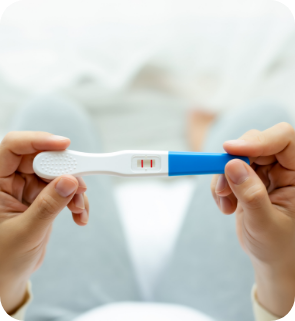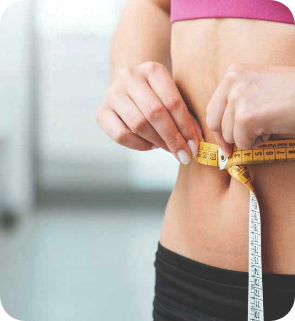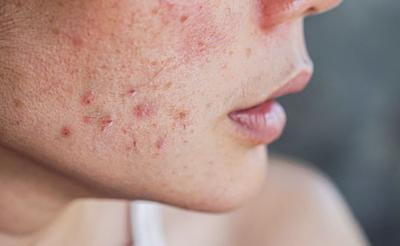
5 Supplements to Lower Testosterone Levels
High testosterone and androgen levels can be responsible for symptoms such as acne, hirsutism (male-pattern hair growth), androgenic alopecia (male-like baldness/hair thinning), mood issues, and irregular menstrual cycles.
Here Are The 5 Supplements To Lower Your Testosterone Levels
1. Zinc [20-30mcg Daily]
Zinc helps to reduce the enzyme 5-alpha-reductase which converts testosterone into a far more potent androgen called DHT (Dihydrotestosterone). This will help to reduce excess hair, acne, mood changes, all associated with high testosterone levels.
2. DIM (Diindolylmethane) [100mg Daily]
DIM is a natural substance caused by the digestion of vegetables such as kale and broccoli. DIM helps to block androgen receptors and inhibit the aromatase enzyme. This will help to better manage hirsutism (hair growth) and acne.
3. Omega-3 Fish Oil
Omega-3 helps to reduce testosterone levels as it helps to regulate the menstrual cycle while also helping to increased SHBG levels, a protein which helps to regulate testosterone levels. Fish oil can also help to manage inflammation levels, insulin uptake, and leptin levels.
4. NAC (N-Acetyl-Cysteine) [600mg Daily]
NAC is important for overall hormonal health but, it also helps to reduce hirsutism, free testosterone levels, and regulating the menstrual cycle. Studies have also shown that NAC may be helpful for improving fertility chances.
5. Saw Palmetto [250mg - 450mg Daily]
Saw Palmetto, especially when taken in combination with Zinc, has been shown to have really great results of reducing high testosterone symptoms. It does this by reducing 5-alpha-reductase activity, the enzyme that makes DHT, responsible for symptoms such as hair loss, facial hair growth, acne, and menstrual irregularities.
What Causes High Testosterone In Women?
There are a two common causes of high testosterone in women.
- Congenital Adrenal Hyperplasia (CAH)
- Polycystic Ovary Syndrome (PCOS)
specialstart PCOS affects around 15% of women, and it results in a range of mental & physical symptoms specialend
Congenital Adrenal Hyperplasia (CAH)
CAH is a genetically inherited disorder that directly affects the adrenal glands, commonly resulting in the overproduction of testosterone. Let's explore how this happens:The adrenal glands secrete the hormones cortisol and aldosterone, which play an important role in managing metabolism and blood pressure. However, those with CAH lack one of the enzymes necessary to regulate the production of these hormones. This forces the adrenal glands to secrete too little cortisol and too much testosterone.
Symptoms of CAH include:
- Excess body hair
- Facial hair
- Acne
- Irregular or absent menstrual periods.
Polycystic Ovary Syndrome (PCOS)
PCOS is one of the more common hormonal disorders in women, affecting anywhere from 10-15% of the female population.At its core, PCOS is a metabolic and inflammatory condition caused and exacerbated by underlying drivers. All of which are associated with your metabolism and immune system. Specifically, there are three ways PCOS can cause your body to overproduce testosterone:
Insulin Resistance (IR)
Seven in ten (70%) women with PCOS will have a varying degree of IR.
It’s important to understand that it is not the condition itself that causes too much testosterone; rather, it’s the hormonal imbalance it triggers. And that is high insulin. High insulin levels, or Hyperinsulinemia, will cause your ovaries to overproduce testosterone.
Symptoms include:
- Irregular or absent menstrual periods
- Acne.
Chronic Stress & Inflammation
Oxidative stress and chronic, low-grade inflammation are common in women with PCOS. This hormonal state directly causes the adrenal glands to overproduce testosterone in the form of DHEA.
Symptoms include:
- Hair loss
- Excess facial and body hair growth (hirsutism).
Excess Body Fat
Weight gain is common in PCOS, especially for those who also have insulin resistance. Fat tissue is, in fact, an endocrine gland that produces two hormones. They are testosterone and estrogen. The more fat tissue created, the more testosterone produced.
















